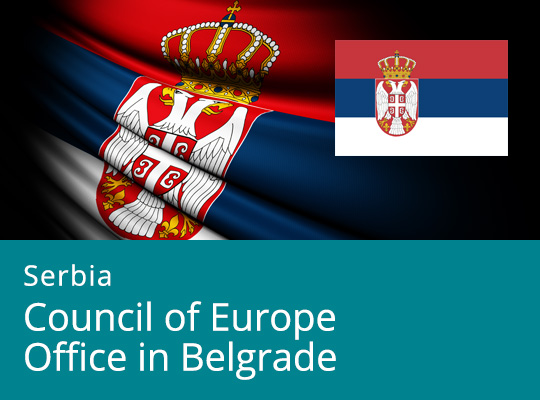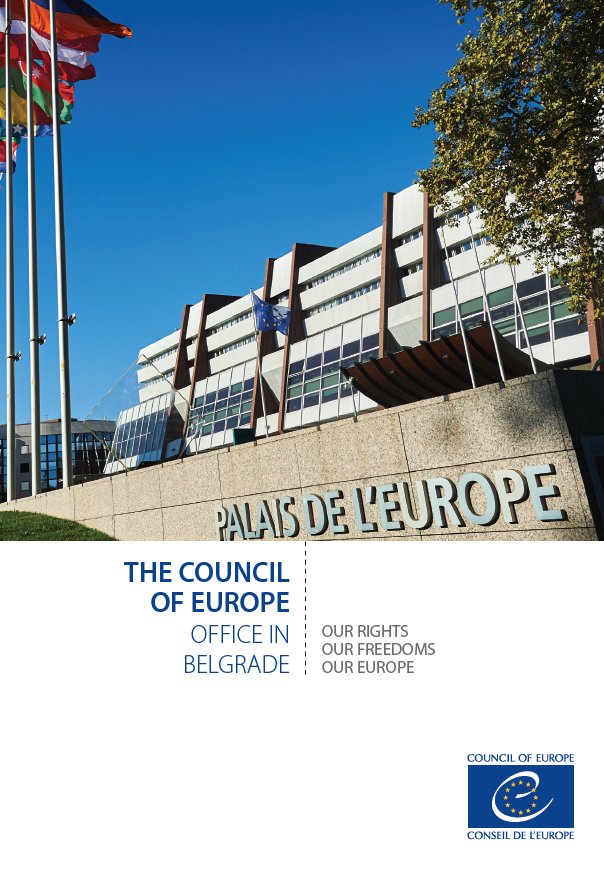Under international human rights standards, states are obliged to adopt a series of complex measures to ensure an enabling environment for freedom of expression and equality. Key international and Council of Europe human rights instruments likewise stipulate state obligations to adopt positive measures in response to ‘hate speech’ across all aspects of public life, in particular through addressing prejudice and discrimination and other negative consequences of ‘hate speech.’
Due to the lack of an institutionalised record of unlawful conducts against LGBT+ persons at central level in Serbia, from March 2016, Belgrade-based civil society organisation “Da se zna!” began to document and monitor unlawful acts motivated by prejudice against actual or perceived sexual orientation, gender identity and expression. The aim is to legally recognise and adequately sanction anti-LGBT+ hate crimes. For the purposes of a case it is currently taking, Da se zna! has recently reached out to the Council of Europe for support in translating the selected case - law of the European Court of Human Rights (ECtHR), as lack of the proper translation limits its application at national court of law.
The Council of Europe is currently implementing the action on “Promotion of diversity and equality in Serbia” within the second phase of the European Union / Council of Europe Horizontal Facility for Western Balkans and Turkey (HF II). The aim of the Action is to contribute to improving the functioning of anti-discrimination mechanism and their accessibility by vulnerable groups, in line with European standards and best practices. In specific, it will work on combating discrimination, including discrimination on grounds of sexual orientation and/or gender identity, hate speech, as well as protecting and promoting national minorities and their rights. This will be achieved by instruments such as legislative and policy reviews, capacity building and campaigning implemented at various levels, including the local. With this aim, the action is supporting beneficiary institutions and civil society organisations active in the field of LGBT+ rights and the selected case-law was translated with the support of the action.
“We have documented 200 cases of hate crime, discriminatory incidents and hate speech cases through an online and anonymous questionnaire for reporting such instances. At the given moment, CSO Da se zna! monitors six cases of hate crime and hate speech before competent courts in the Republic of Serbia. One of those is the lawsuit Da se zna! is currently pursuing before the Higher Court in Belgrade against Vladimir Dimitrijevic for discriminatory allegations in the text "In Defense of the Natural Family," and in the article "Response to the LGBT Protectors' Lawsuit or Again - As Long As There Is One Hundred”, says Dragoslava Barzut from Da se zna!
‘Hate speech’ and its consequences, including violence and discrimination, are serious human rights concerns, including from a freedom of expression perspective. Often, ‘hate speech’ has real impacts on the freedom of individuals in minority or marginalised groups to speak out and be heard, as well as on the freedom of others to hear their opinions and ideas.
“Due to the lack of case-law, it is of utmost importance that the current court practice remains positive. That is why we have assessed it would be beneficial to deliver the ECtHR verdict “Bayev v. Russia” in the case against Vladimir Dimitrijevic. In the given verdict, essential claim of the defense attorneys of Russian Federation was that "homosexual relationships do not fit in the traditional view of the Russian people, and that homosexuality should be kept out of the view of children." Vladimir Dimitrijevic uses the same wording before the court, citing traditional Serbian values and the standpoints of Serbian Orthodox church”, explains Dragoslava Barzut from Da se zna!
As a matter of law, States are required to give international human rights treaties, including European Convention on Human Rights and Fundamental Freedoms, domestic legal effect. Likewise, ECtHR judgments are binding on states (including its courts and regulatory authorities).
The “Horizontal Facility for the Western Balkans and Turkey 2019-2022” is a joint initiative of the European Union and the Council of Europe that supports justice reform, the fight against corruption and combating discrimination and protecting the rights of vulnerable groups, as well as freedom of expression and freedom of the media. Through this programme, the European Union and the Council of Europe will assist beneficiaries in South-East Europe to meet their reform agendas in the fields of human rights, rule of law and democracy, to comply with Council of Europe standards, and to align with the European Union acquis in the framework of the enlargement process, where relevant.





